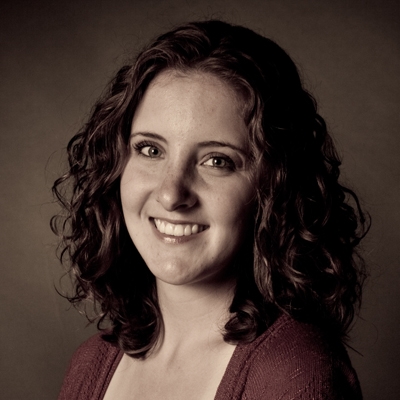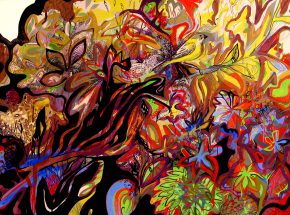

I am interested in the way Americans eat. Through reading about where our food comes from, I became increasingly curious about sustainable farming methods, community-supported agriculture, and farmers committed to growing crops and raising animals naturally, ethically, and humanely. Farming, a profession so often taken for granted, is really quite a noble pursuit. In learning about local farmers-specifically those with a commitment to the environment and to their animals-I came to see them as the orchestrators of a beautifully intricate, living circle. I wanted to meet these men and women who make a living on the land, and to see their work first hand. It was this newfound appreciation and growing interest that drove my curiosity and ultimately led me to learn about and document the local farms of southwest Michigan.
Michigan is known for the abundant and diverse kinds of produce that it harvests every year. Food produced within a community for the members of that community is often fresher than food shipped from long distances, and uses less energy to transport, too. Not only is it healthier for the consumer and easier on the environment, it also stimulates local wealth and creates jobs. Often, the people who purchase produce from small, family-run operations know personally the farmer who grew the food for their sustenance, serving to strengthen community relationships.
In my exploration of the farms in my area, I met a wide range of people: an organic apple grower who uses unconventional pesticides and fertilizers; a transitional-organic dairy farmer, whose livestock have plenty of pasture, and who grows his own feed; advocates for Community-Supported Agriculture programs; and even a woman who makes artisan cheeses in her spare time. Each, in his or her own way, was committed to the preservation of the earth and human well being.
While the photographs on exhibition through the Art in Embassies program do not speak specifically to my experience documenting the farms I found, they provide context for a larger body of work, one that indeed remains unfinished. I feel that my subject matter is so large, a lifetime could be spent exploring it-if not photographically, then at very least intellectually. As consumers, I believe we have the right and the responsibility to know where our food-a fundamental necessity-comes from. Only when we are provided with the necessary information do we finally realize the causal link between sustainability and our own sustenance.
http://schwarz.andrewsbfa.org/kathleendaylephoto
